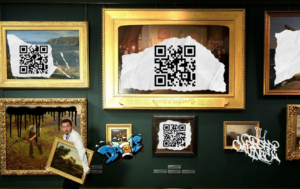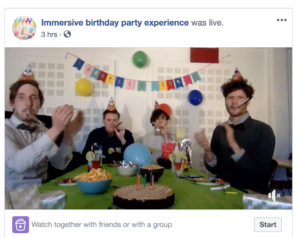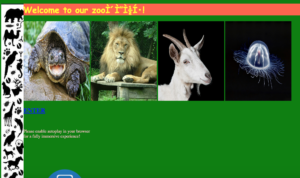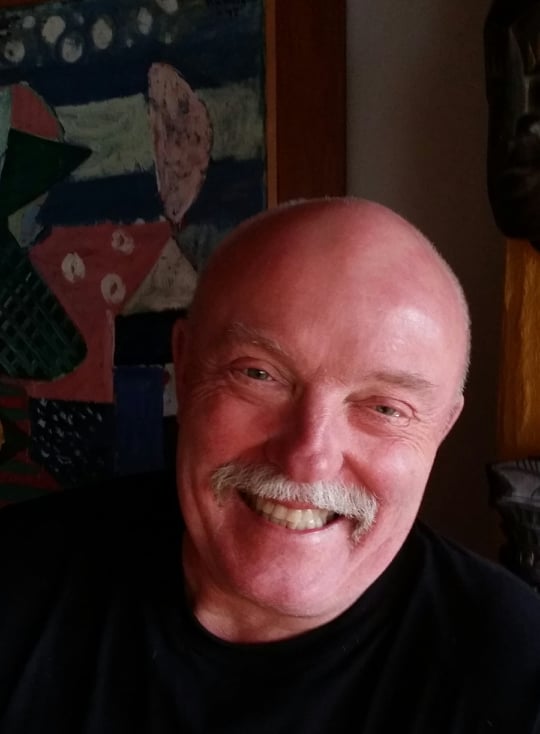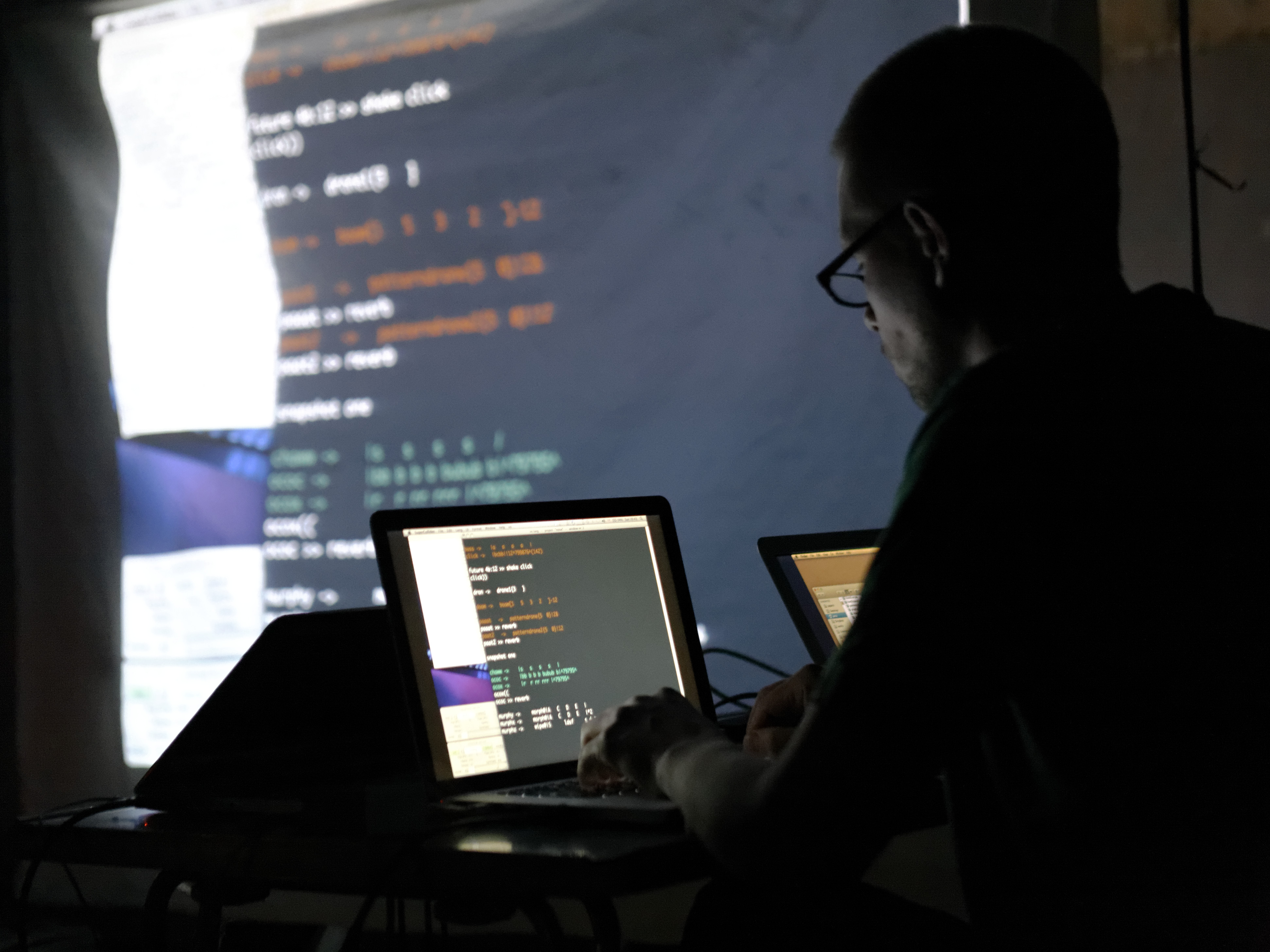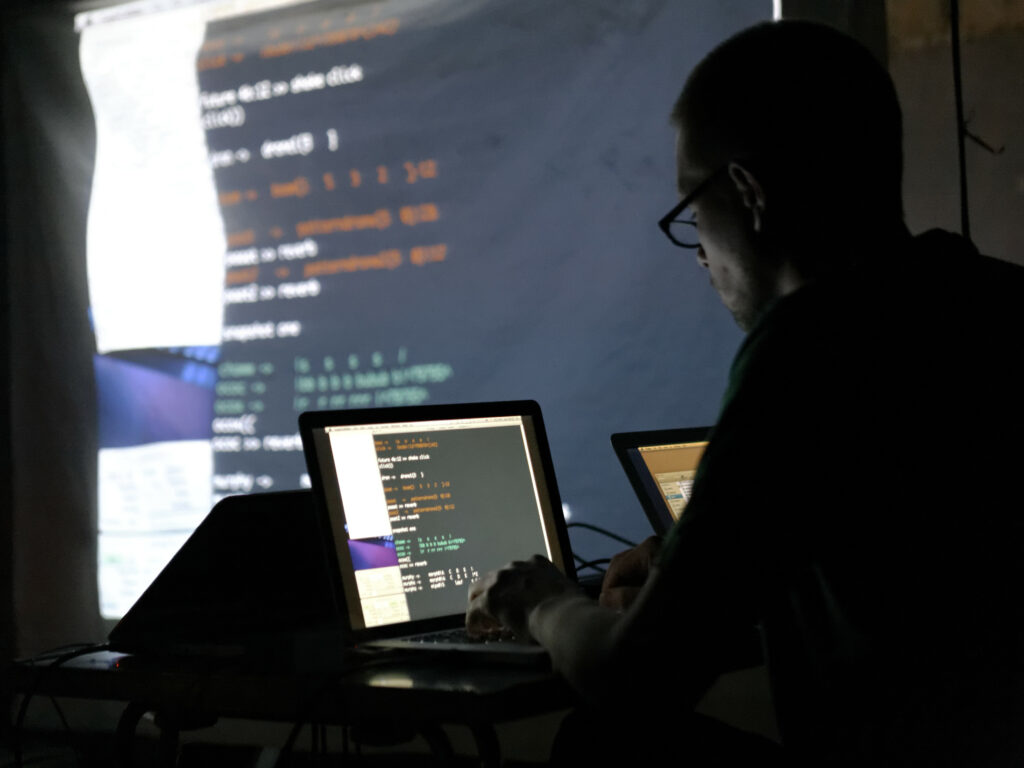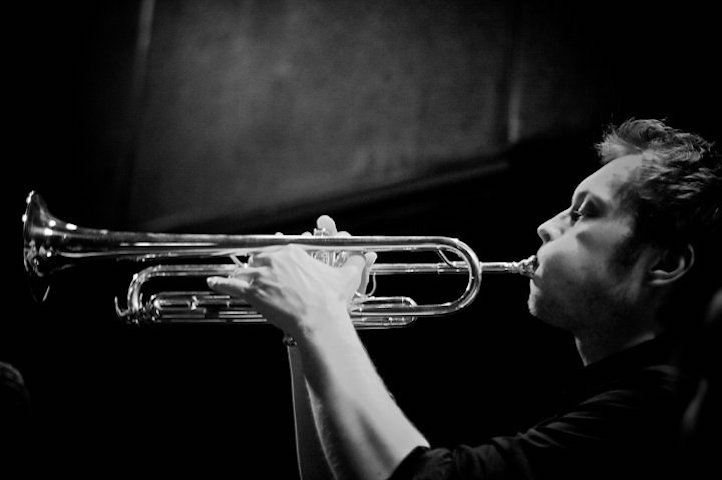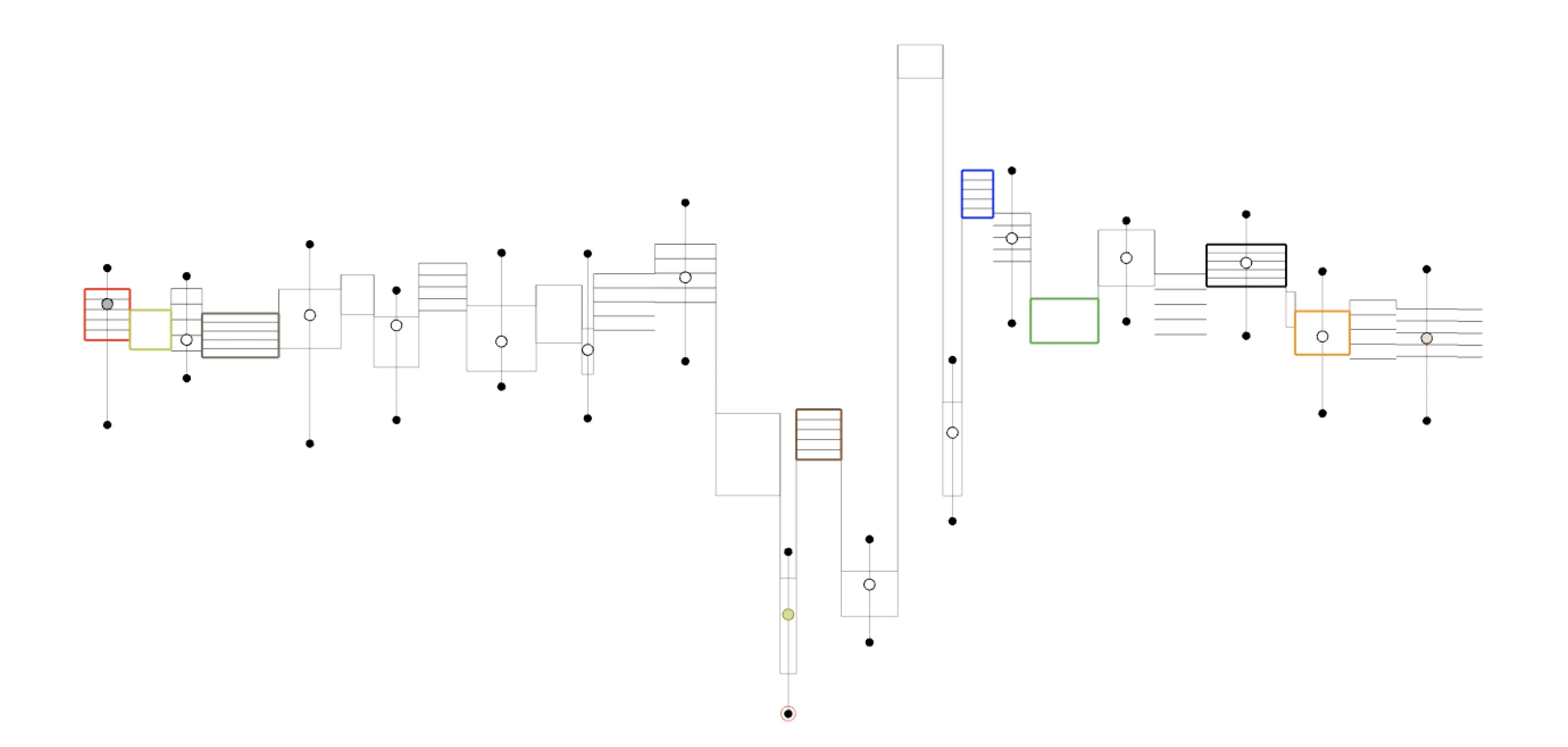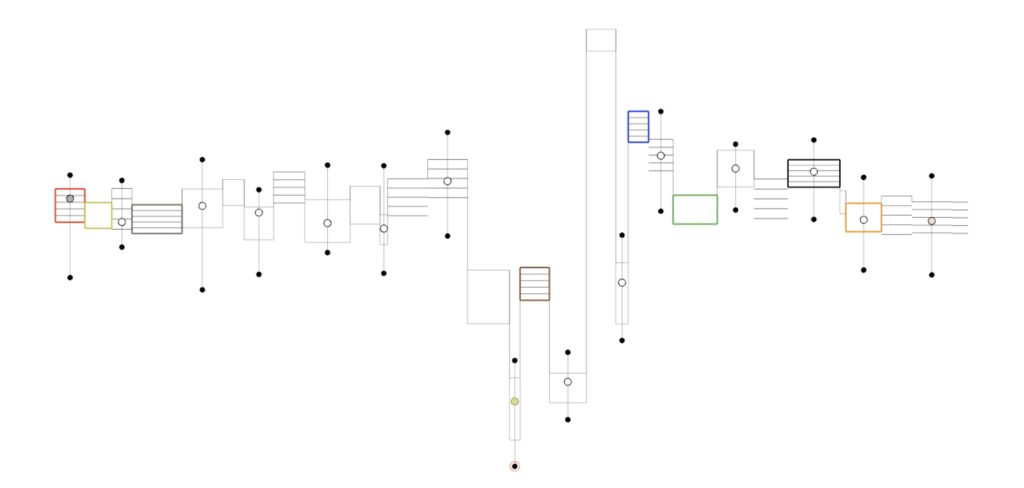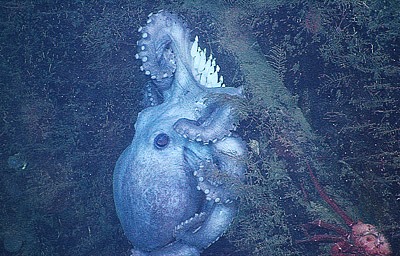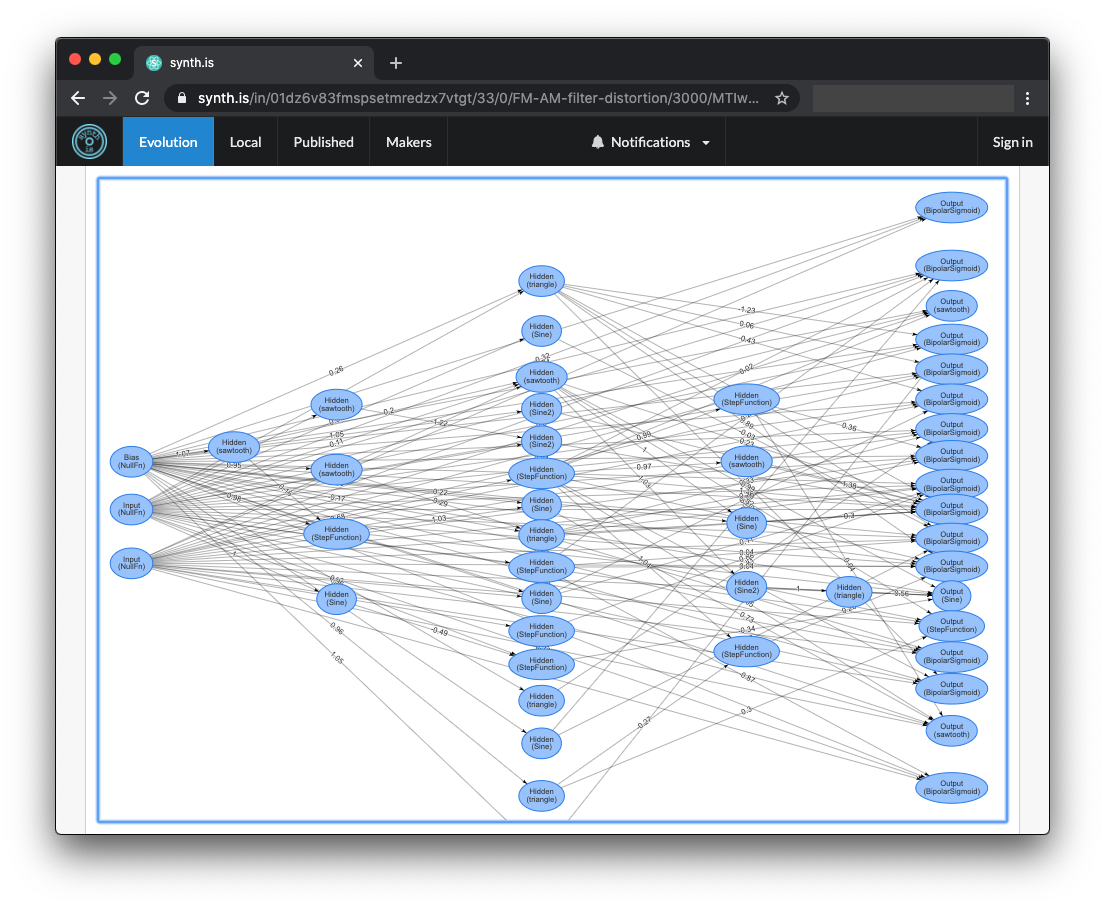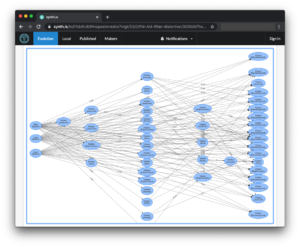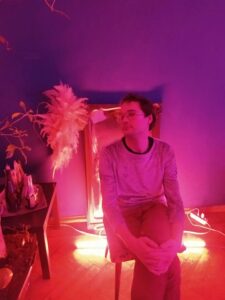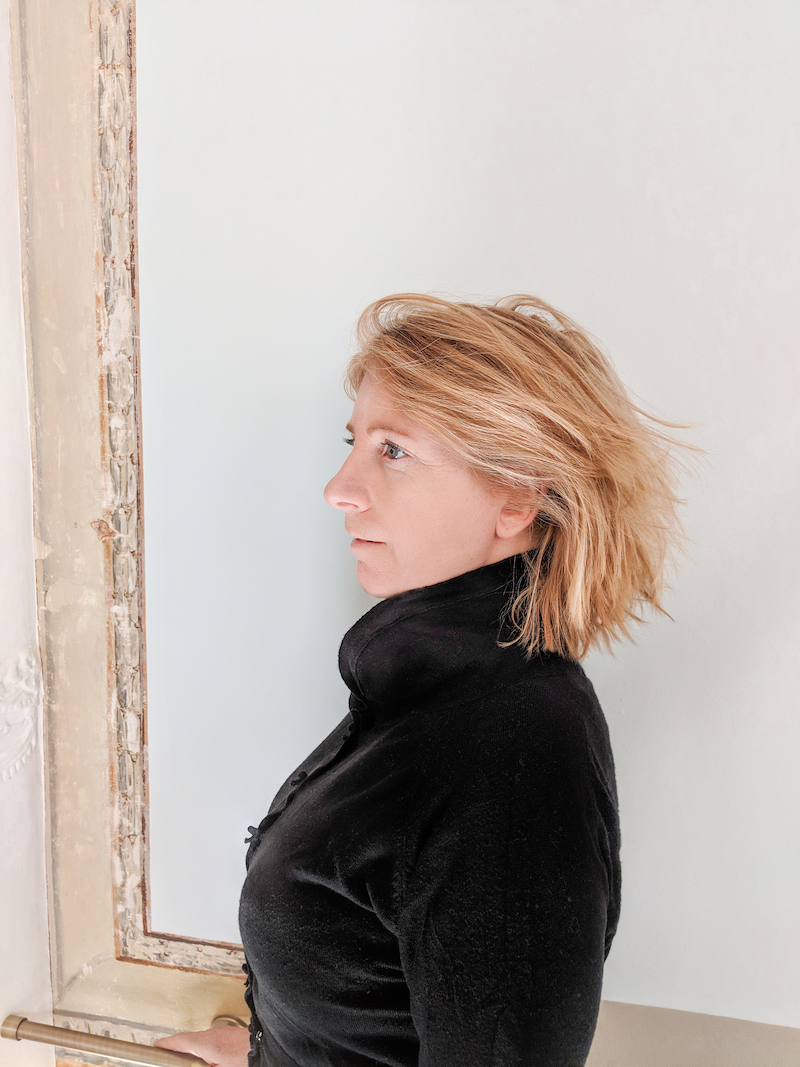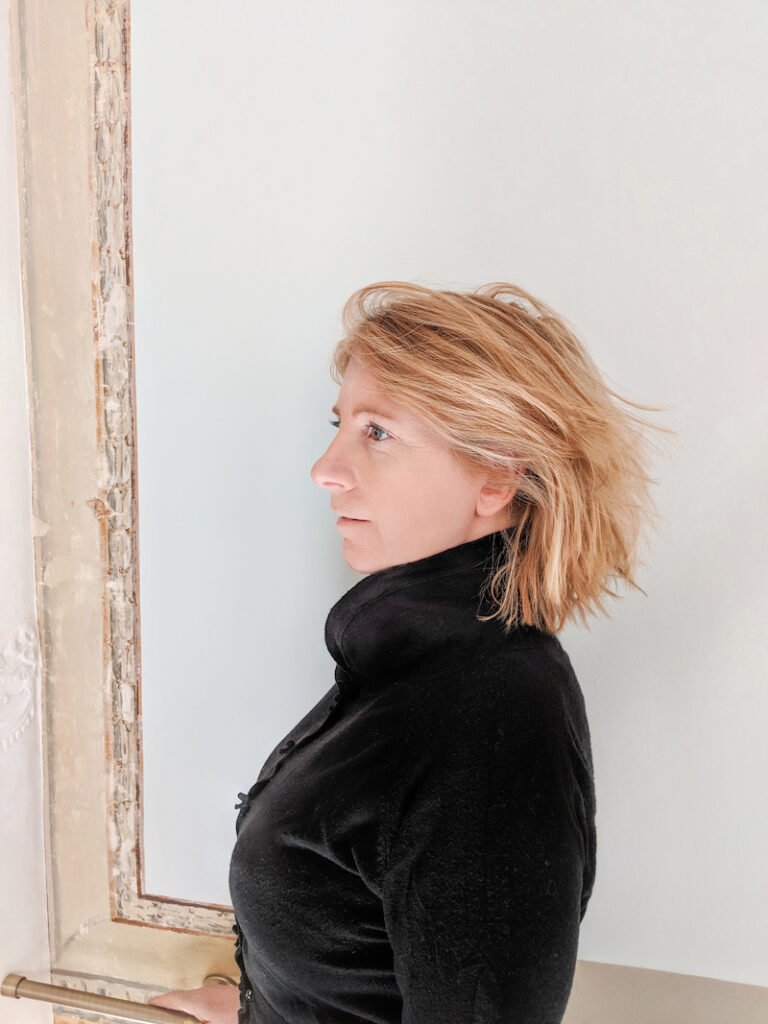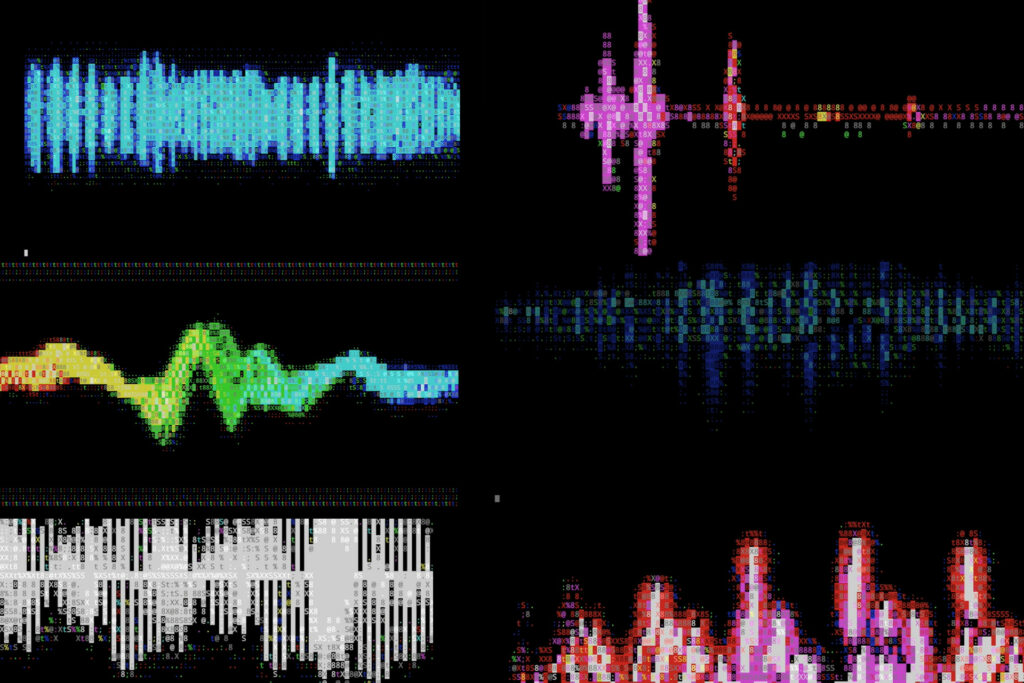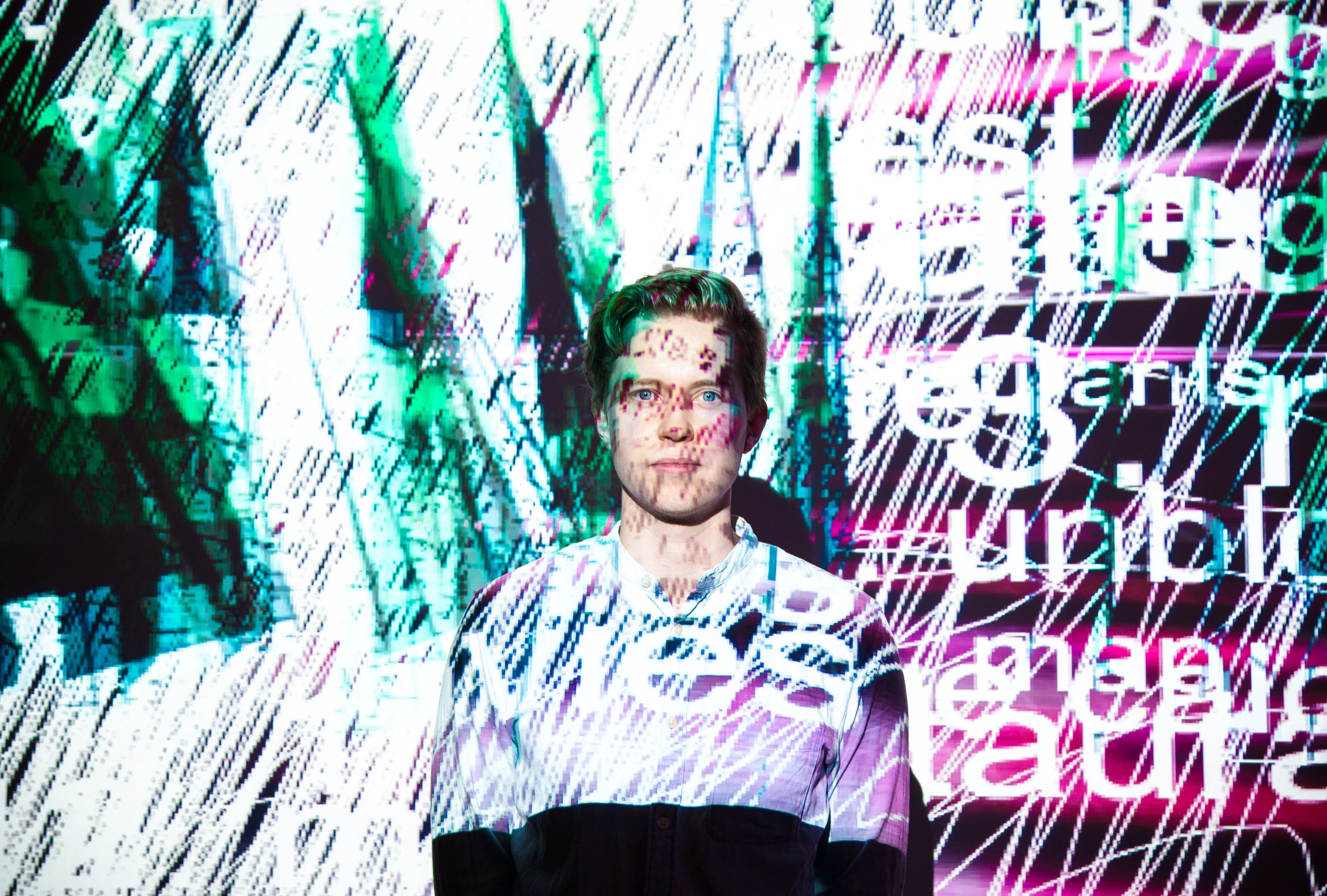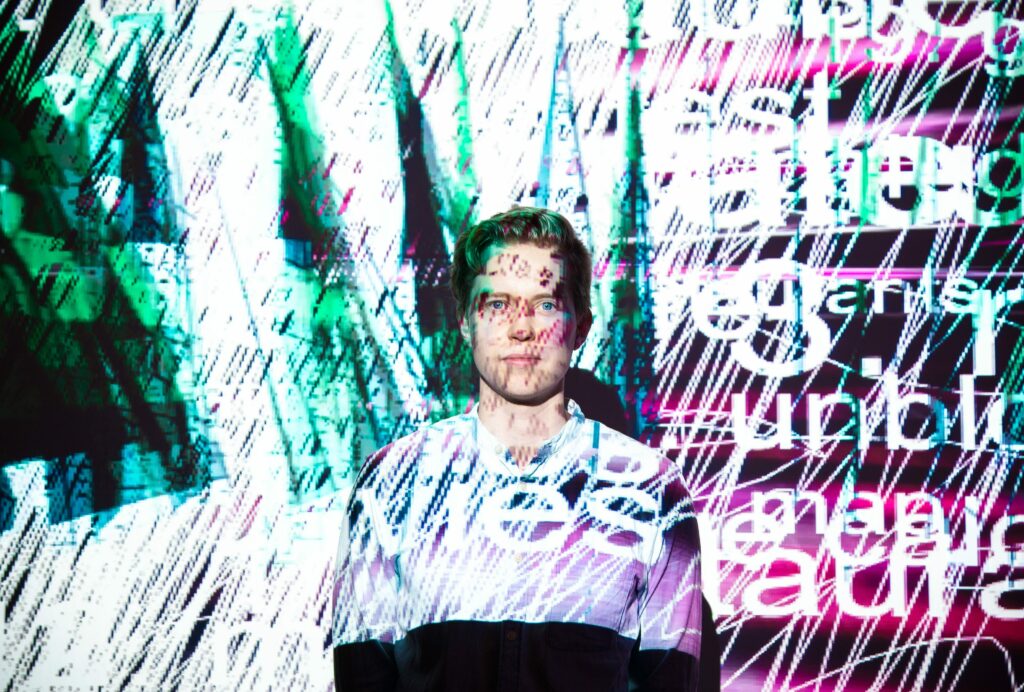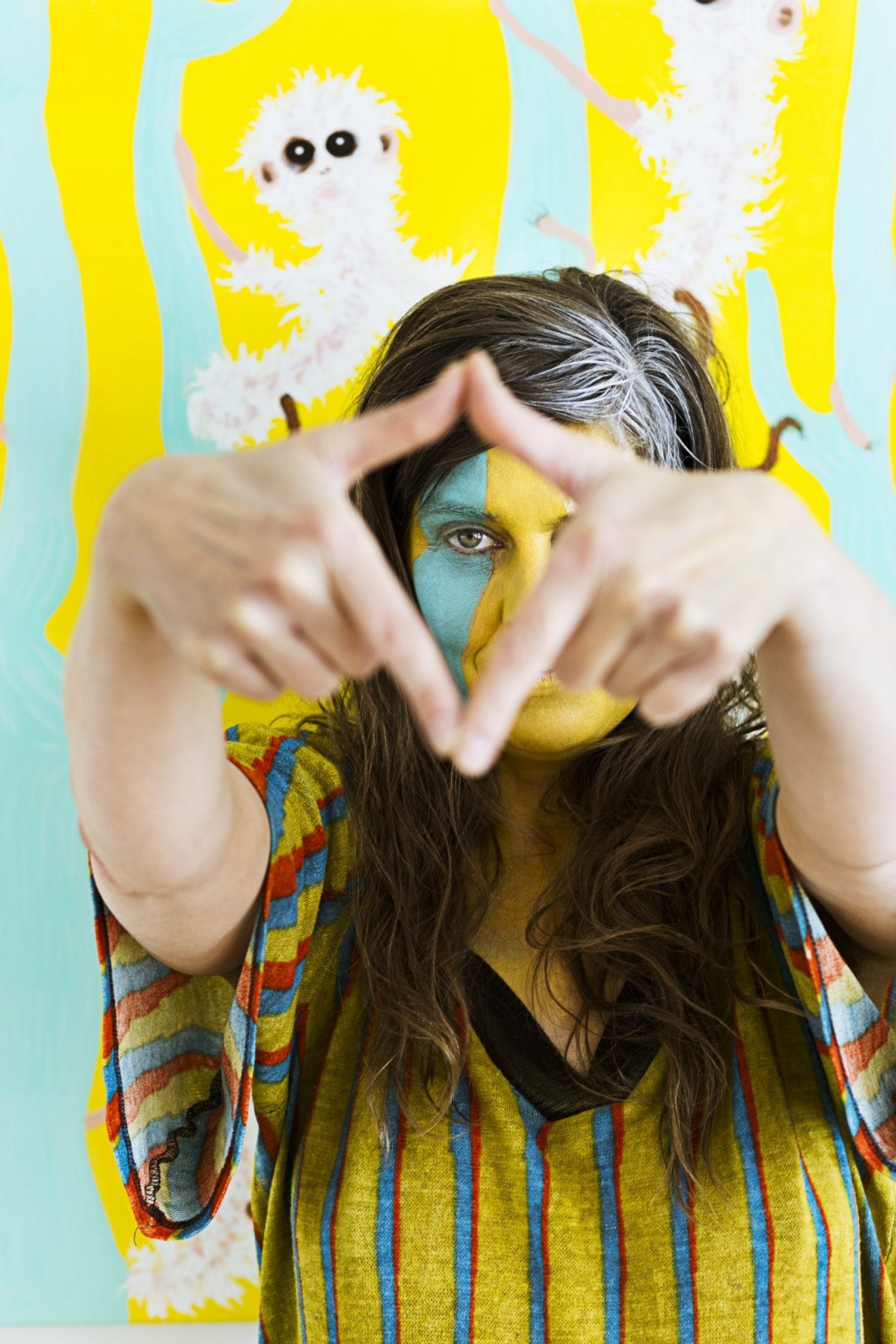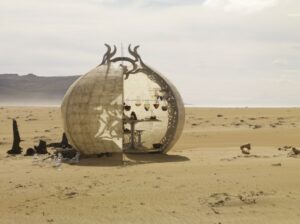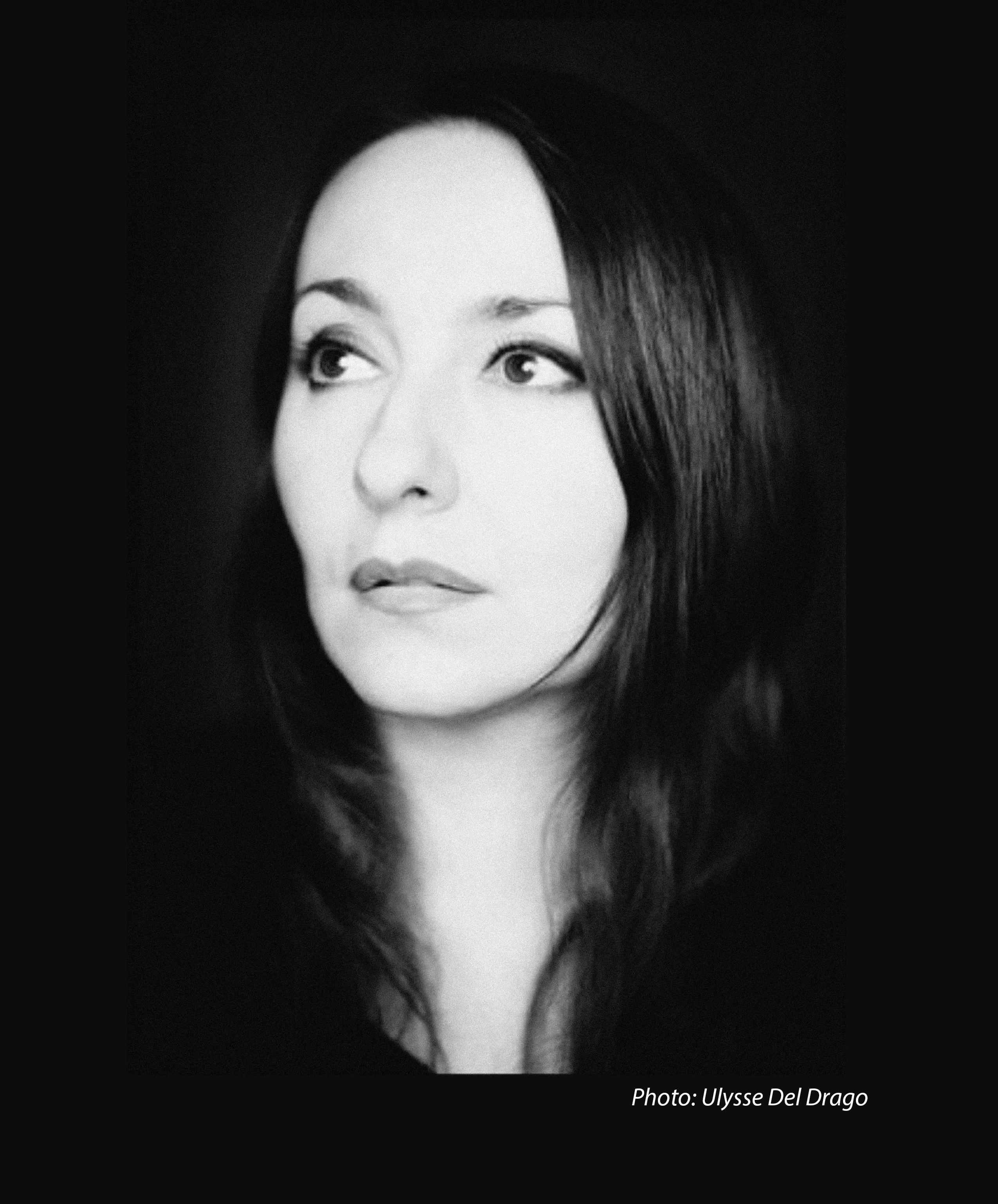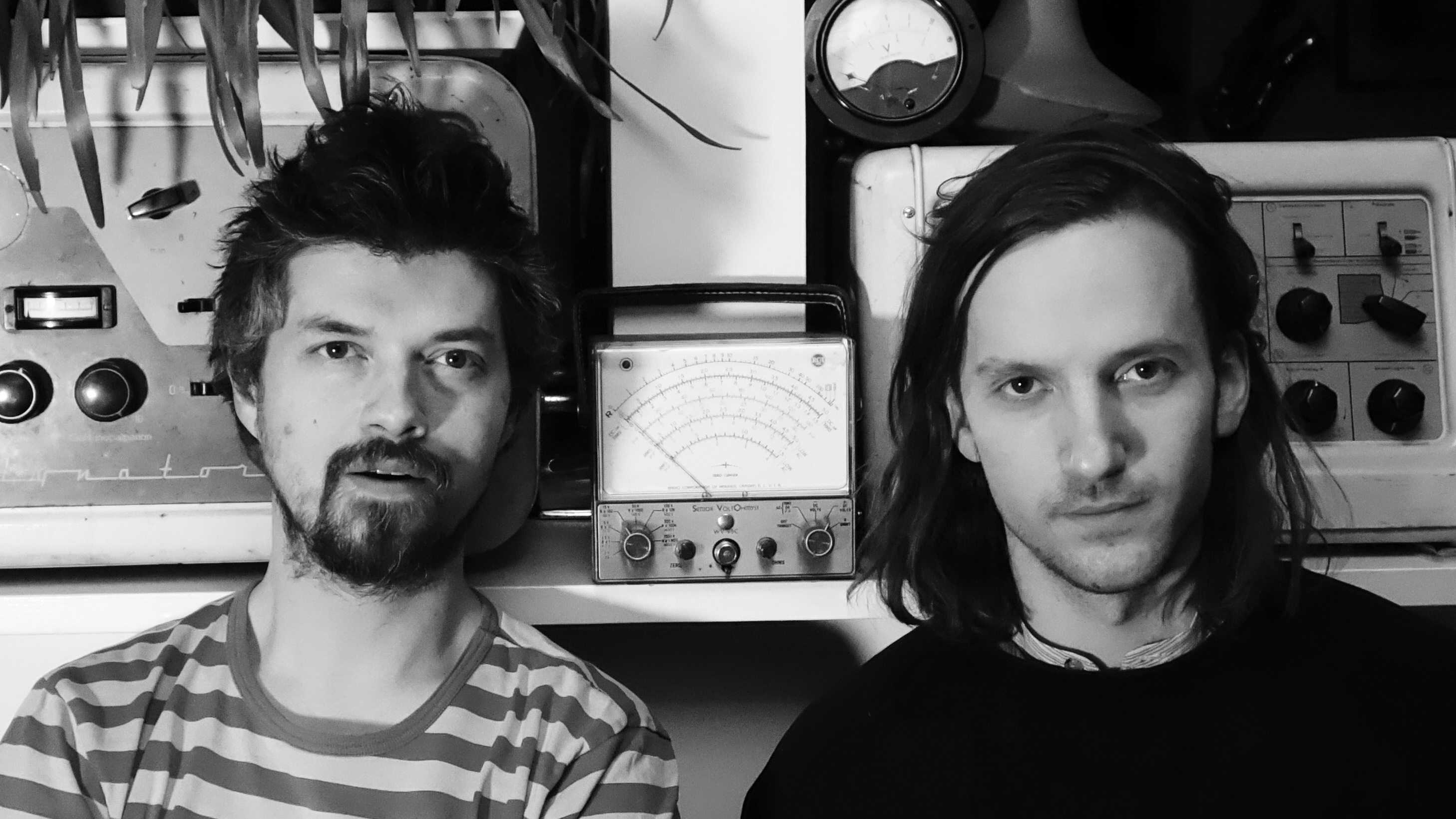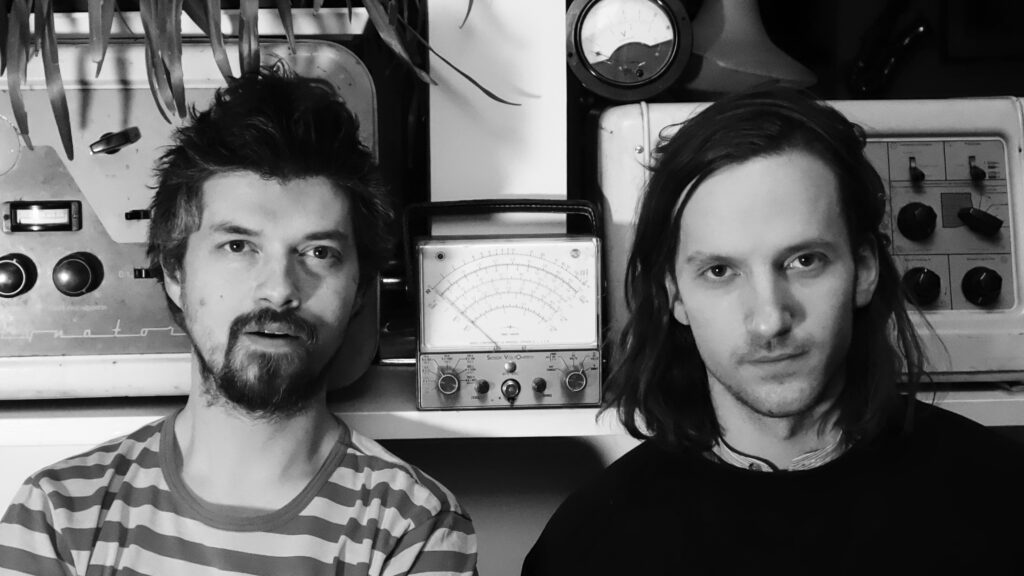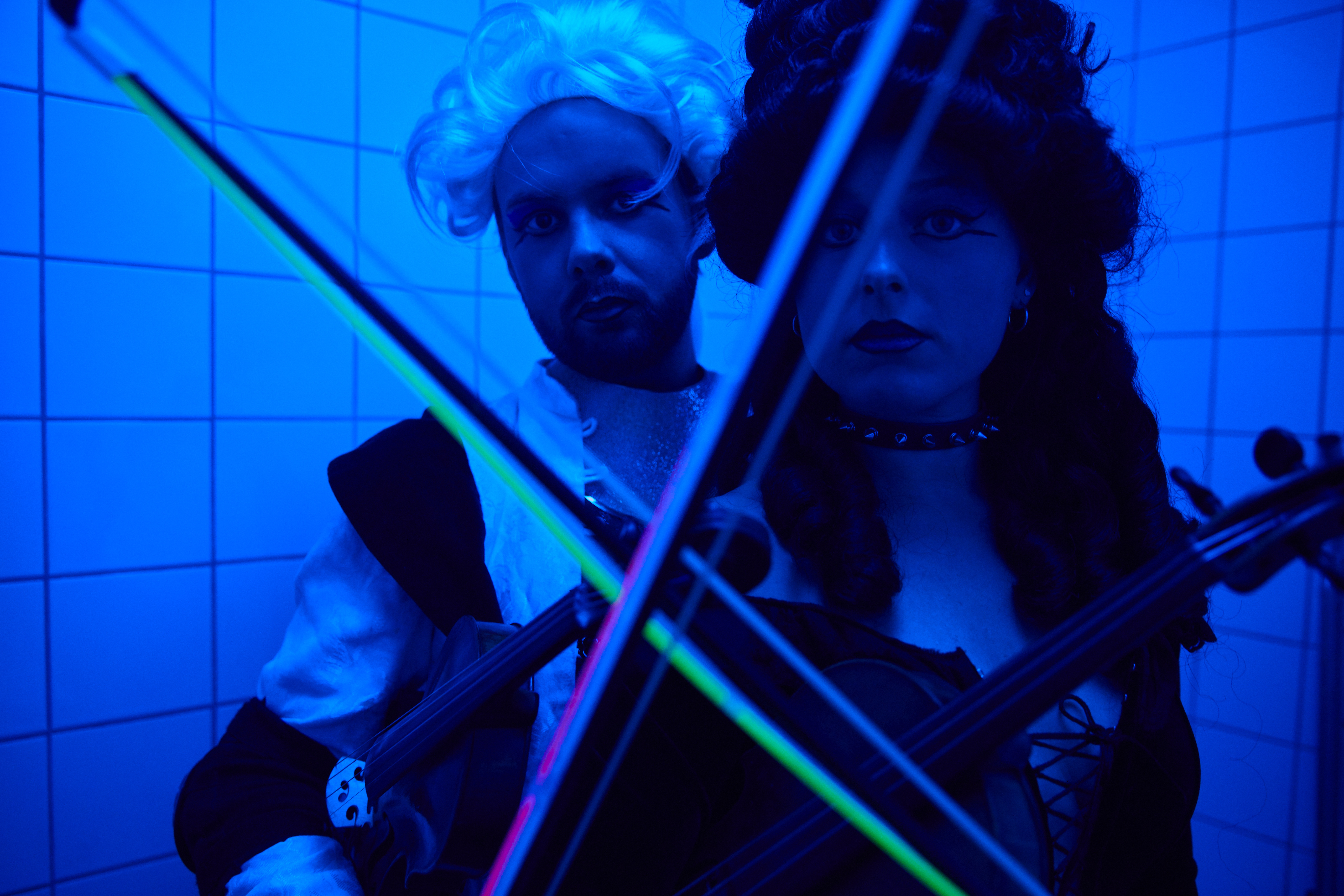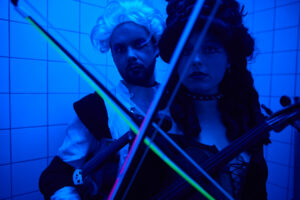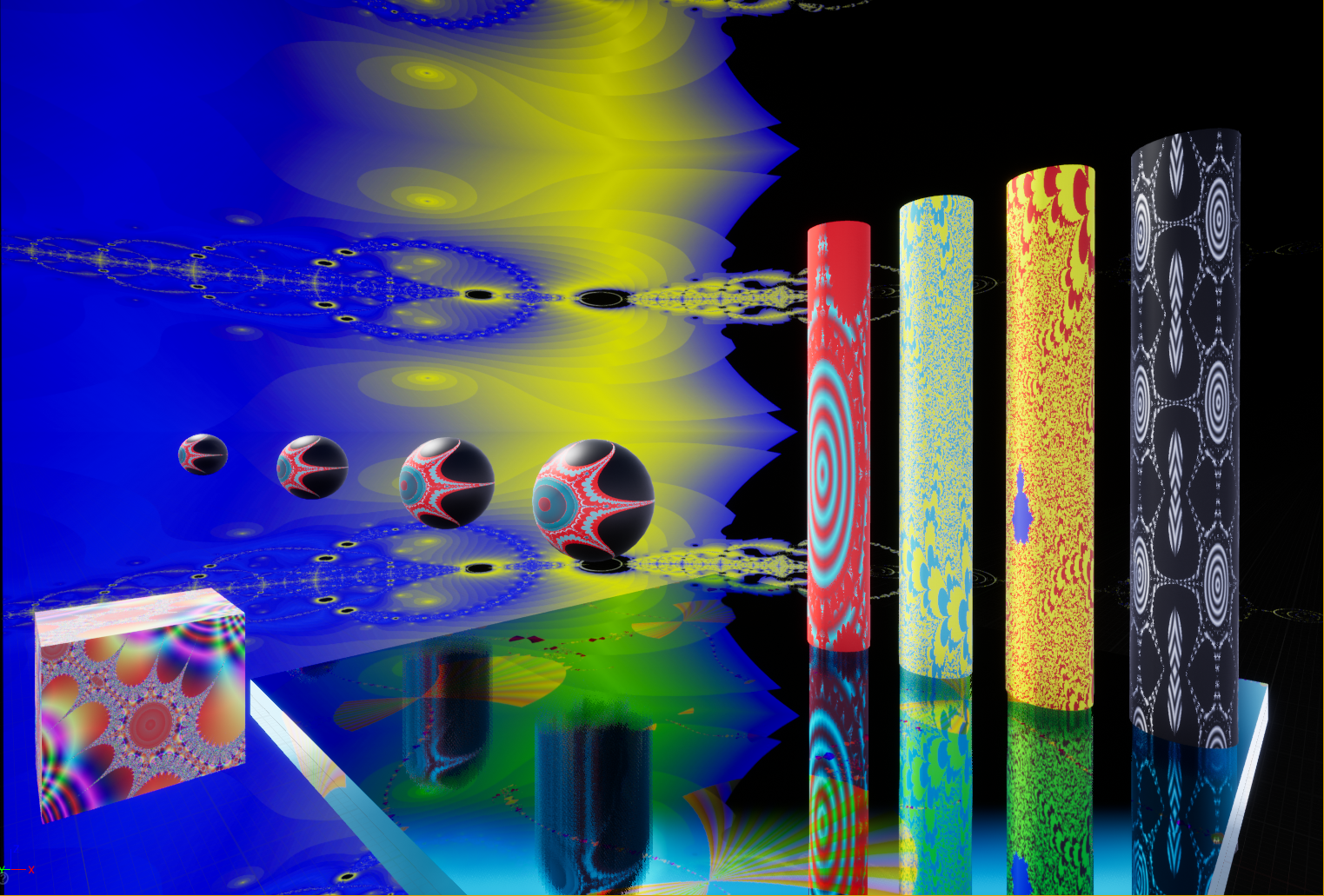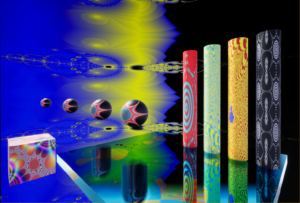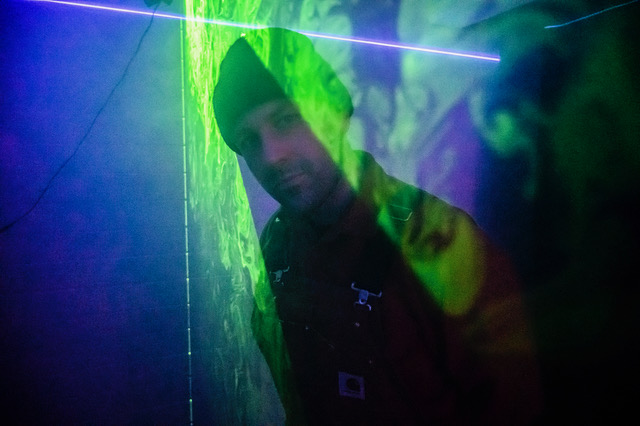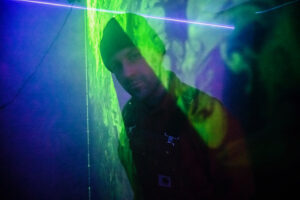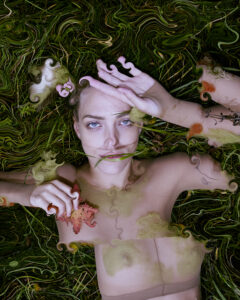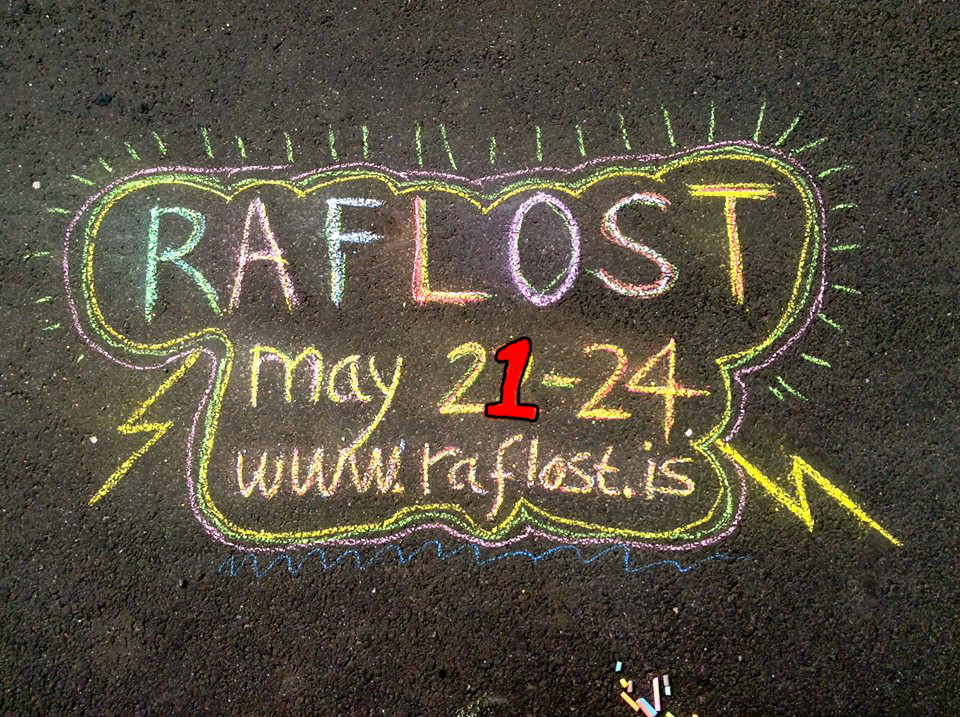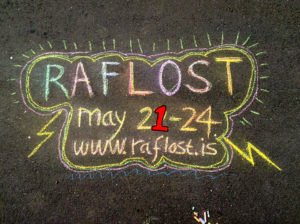FILOMENA (6min, b&w/colour, HD 1080p)
Experimental diptych. “Une vision d’une division”.
Direction and editing: Monade Li
Camera: ML
Sound editing: ML
Music: courtesy of Rudolph Moser (taken from “Metronia” album ©2020 Potomak)
Cast: Asdís Sif, ML
Text and vocal resonances: ML
Quotes: Mallarmé (sonnet “Salut”), Virginia Woolf** (taken from the novel “Mrs Dalloway”)
On FILOMENA:
http://limonadeart.com/2023/03/15/filomena/
Monade Li is a French artist, producer and educator working with the media of graphics and also experiments video, photography and digital collage. The artist evolves at the border between plastic arts and visual arts, performance, music. She explores the spatio-corporal resonance of ‘our human condition’.
She leads Monade Art Residency (workshops for creation and research) since 2022.
Her first self-produced experimental art video, an underwater shooting by day, “Diatomée” turned into a ‘corps-métrage’ (“body- measurement”) concept. Then came out “Claire Obscure”, an underwater shooting by night and “Malojá”, originally scored by Steven Severin (Siouxsie and the Banshees, The Glove), shot by the sea shore.
Her debut films’ triptych was done.
In homage to Bergman’s film «Persona», her fourth shortfilm shot in South of Iceland, called “Candice”, scored by Steven Severin featuring Julia Kent on cello, was presented at “Air d’Islande” festival in Paris, in Hong Kong and also in Orkney in 2015.
During her stay in 2016 at ArtsIceland residency in Ísafjörður, she worked on an experimental shortfilm titled “Hollie”, scored by the epic musician-performer Dirk Ivens; it is an homage to the Icelandic painter Georg Guðni and based on “Gotuljod / Poème de la rue” by the Icelandic author Sigurður Pálsson. Hollie was in competition at “Festival du Nouveau Cinéma” in Montreal in 2017 and also at “Bideodromo” festival in Bilbao in 2018.
The encounter with the Icelandic culture and people in 2013 led her to do some more research on the Icelandic literature and art for her experiments.
Her art video called “The Selkie”, which is based on a mysterious seal woman legend, was premiered in Akureyri, Iceland, in October 2019.
With the triptych films ‘Candice’, (2014) ‘The Selkie’ (2019) and ‘Deirdre et une Tristesse humaine’ (2022), the artist questions the duplication with resonances that leads to the disappearance of ‘humanity’.
In the beginning of 2023, Monade Li worked on ‘Filomena’, an experimental diptych art film embodied by the music of Rudolph Moser (Einstürzende Neubauten).
For Filomena, she takes up the theme covered in her first film “Diatomée”, where the oneiric body, confused with the elements, fits the shape of “tense and twisted postures linking the conscious and the unconscious, the exterior and the interior”.
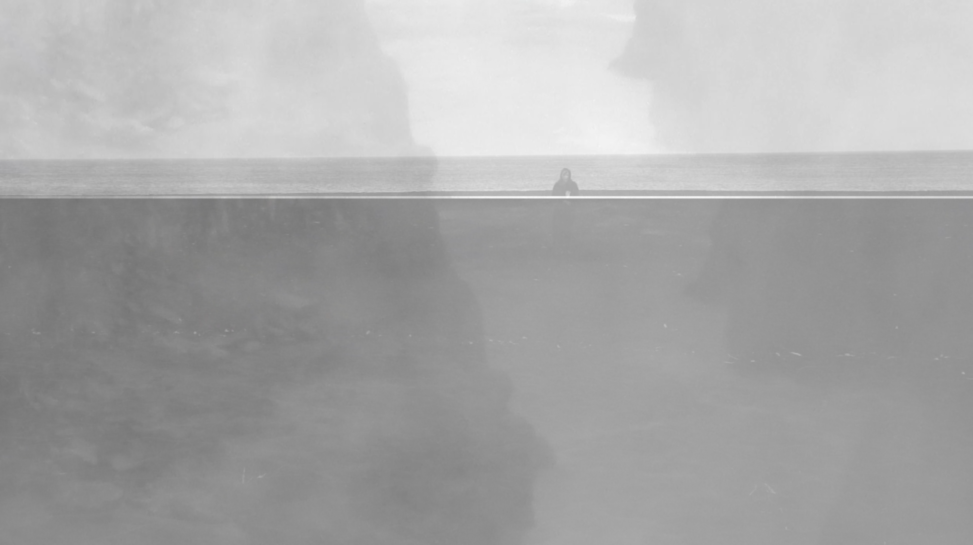
Filmography:
Diatomée, 6 min, color, 4/3 DV. 2005. France.
Claire Obscure, 5 min, color, 4/3 DV. 2009. France.
Malojá, 6 min, color, 4/3 DV. 2010. France.
Go And Come Back by Fleeting Joys, music video 5 min 30 sec, b/w/color, HD 1080p, 2011. France.
Dérapage, a loss of control, experiment 2 min, color, 4/3 DV. 2011. France.
Slowed by Pieter Nooten, music video 10 min, bw, HD 1080p, 2012. France and Spain.
Fragments / Journal / Drones by Fire Temple, music video 9 min, bw, HD 1080p, 2014. France.
Candice, 9 min25 sec, bw/color, HD 1080p. 2014. France and Iceland.
Almaliza, 5 min, bw /color, HD 1080p, 2015, France.
LaOT / Love and Other Tragedies by Roger O’Donnell (The Cure), «Rehearsals at St Leonard’s Church, London» documentary, 15 min, bw/color, HD 1080p. 2015. UK.
Dérapage#2, MH/MnHn, experiment 2 min 50, bw, 4/3 DV. 2016. France. Experimental workshop.
Hollie, 6 min, bw/color, HD 1080p. 2017. France and Iceland.
Percival’s Perceived Pebble, 12 min, bw/color, HD 1080p. 2018. France, Iceland and UK.
The Selkie, 8 min, bw/color, HD 1080p. 2019-2020. France and Iceland.
Filomena, 6 min, bw/color, HD 1080p. 2023. France.
My favourite quote (-;
“The process of making films in communion with oneself, the way a painter works or a writer, need not now be solely experimental. Contrary to what people say, using the first-person in films tends to be a sign of humility: ‘All I have to offer is myself'”
Chris Marker, 1997.
Web: http://limonadeart.com
Fb: https://www.facebook.com/madelimonade/
Vimeo: https://vimeo.com/user3216508

